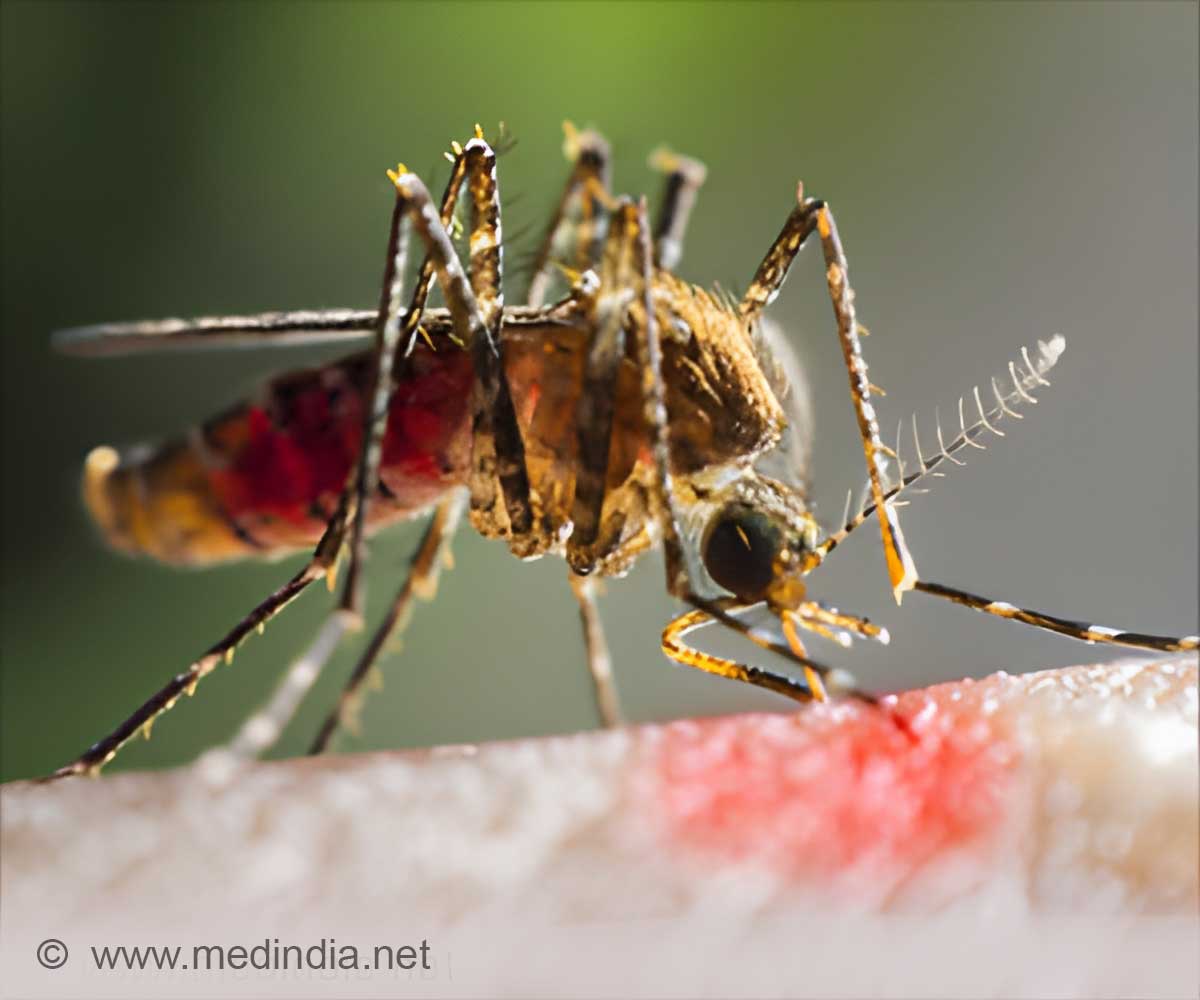Zika causes flu-like symptoms and a rash and is so mild that it goes undetected in 70 to 80 percent of cases, there is currently no specific treatment for Zika.

‘In an attempt to halt the spread of the Zika virus in Honduras, President Juan Orlando Hernandez has allocated an initial tranche of $10 million.’





Although the symptoms associated with Zika virus are relatively mild, the scourge currently sweeping Latin America and the Caribbean is suspected of causing severe birth defects in newborns and has been linked to neurological ailments affecting adults. Honduras, which earlier this week declared a state of emergency because of the rapidly spreading virus, now has some 4,400 confirmed cases of Zika since mid-December. President Juan Orlando Hernandez has allocated an initial tranche of $10 million in an attempt to halt the spread of the virus. "The data is clear: each day, the number of cases of this terrible illness increases," Hernandez said Saturday as the massive eradication effort got underway.
Hernandez urged his countrymen to be fully "conscious of the problem that we're confronting." Hondurans are called upon "to unite against Zika, our common enemy," he added.
Zika causes flu-like symptoms and a rash, and is so mild that it goes undetected in 70 to 80 percent of cases. There is currently no specific treatment for Zika and no way to prevent it other than avoiding mosquito bites.
The Honduran government said that among the 200,000 people enlisted to take part in the mosquito eradication effort were students, civil servants, soldiers and police, among other workers.
Advertisement
The nation's health minister Yolani Batres said that despite the high number of Zika infections, there are so far no confirmed cases of Zika-linked microcephaly, or abnormally small heads and brains, which have been widely diagnosed in Brazil, the country hardest hit by the outbreak.
Advertisement
The World Health Organization, which has declared an international emergency because of outbreak, warns that Zika could infect up to four million people in the Americas and spread worldwide. Health officials in Honduras said 16 pregnant women are believed to have contracted the virus, and that officials are awaiting the results of testing on samples sent to the United States for confirmation.
Source-AFP











